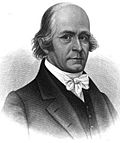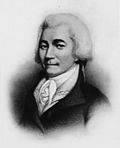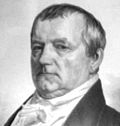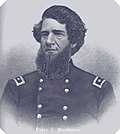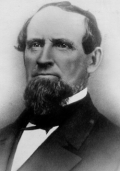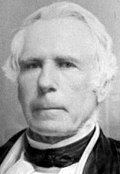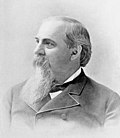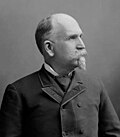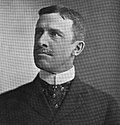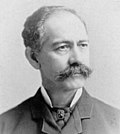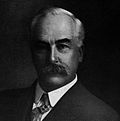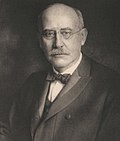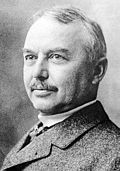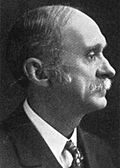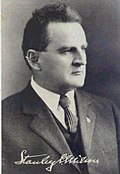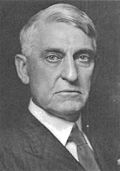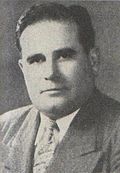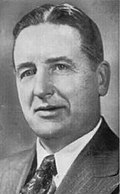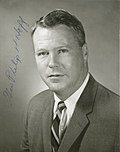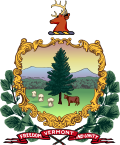Mountain Rule
From the founding of the Republican Party in the 1850s until the 1960s, only Republicans won general elections for Vermont's statewide offices. One method that made this possible was the Republican Party's imposition of the "Mountain Rule," an informal mechanism which restricted the pool of candidates. [4]
Under the original provisions of the Mountain Rule, one U.S. senator was a resident of the east side of the Green Mountains and one resided on the west side. The expanded version of the rule called for the governorship and lieutenant governorship to alternate between residents of the east and west side. Nominees for governor and lieutenant governor were originally allowed two one-year terms, and later one two-year term. For nearly 100 years, likely Republican candidates for office in Vermont agreed to abide by the expanded Mountain Rule in the interests of party unity. Several factors led to the eventual weakening of the Mountain Rule, including the long political dispute between the Proctor (conservative) and Aiken–Gibson (progressive) wings of the party; primaries rather than conventions to select nominees; the direct election of U.S. Senators; and several active third parties, including the Progressives, the Prohibition Party, and the Local Option movement. In the 1960s, the rise of the Vermont Democratic Party and the construction of Interstate 89 also contributed to the end of the Mountain Rule. Although I-89 is a north–south route, it traverses Vermont from southeast to northwest for the majority of its length within the state and changed the way residents view how it is divided. [5] [6]
This page is based on this
Wikipedia article Text is available under the
CC BY-SA 4.0 license; additional terms may apply.
Images, videos and audio are available under their respective licenses.



